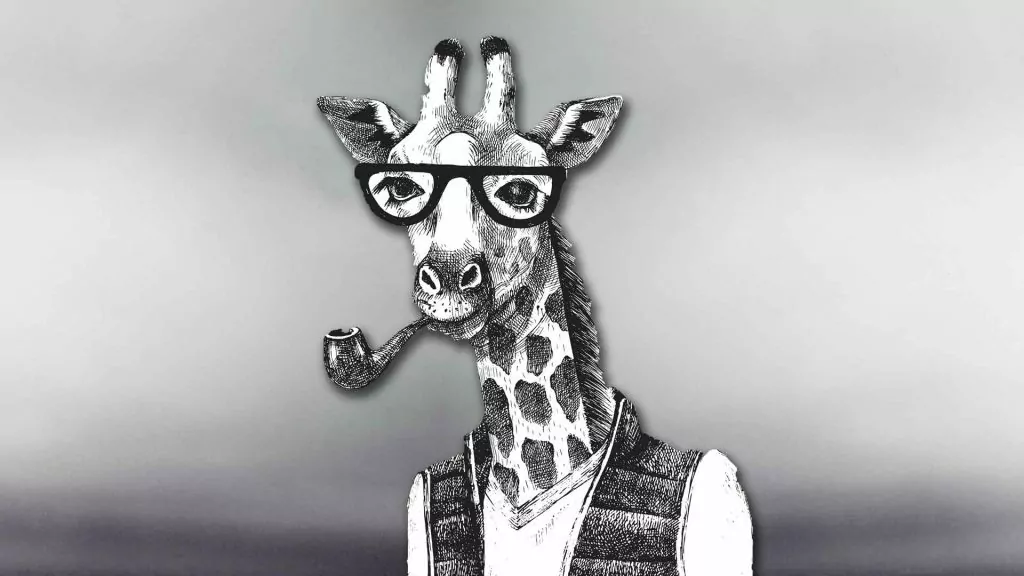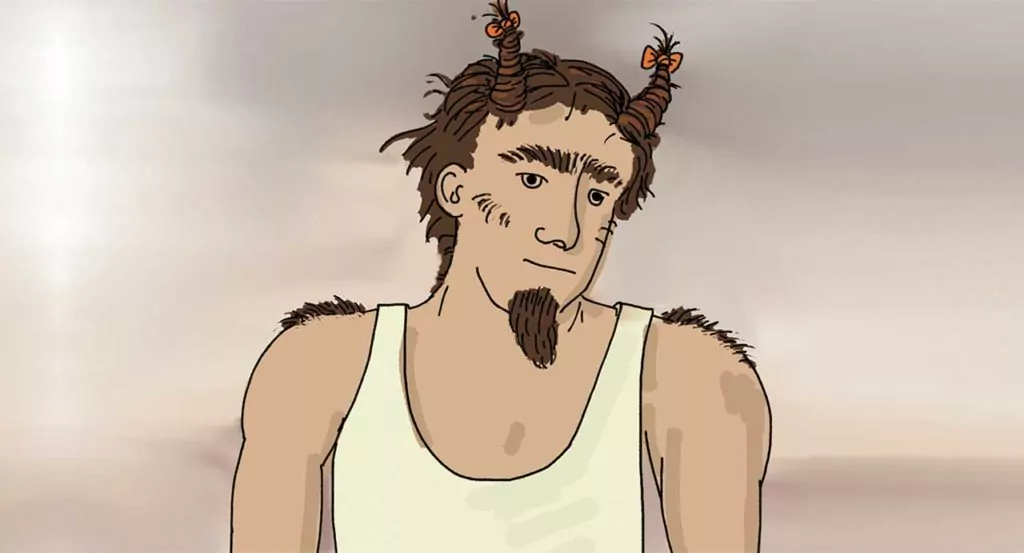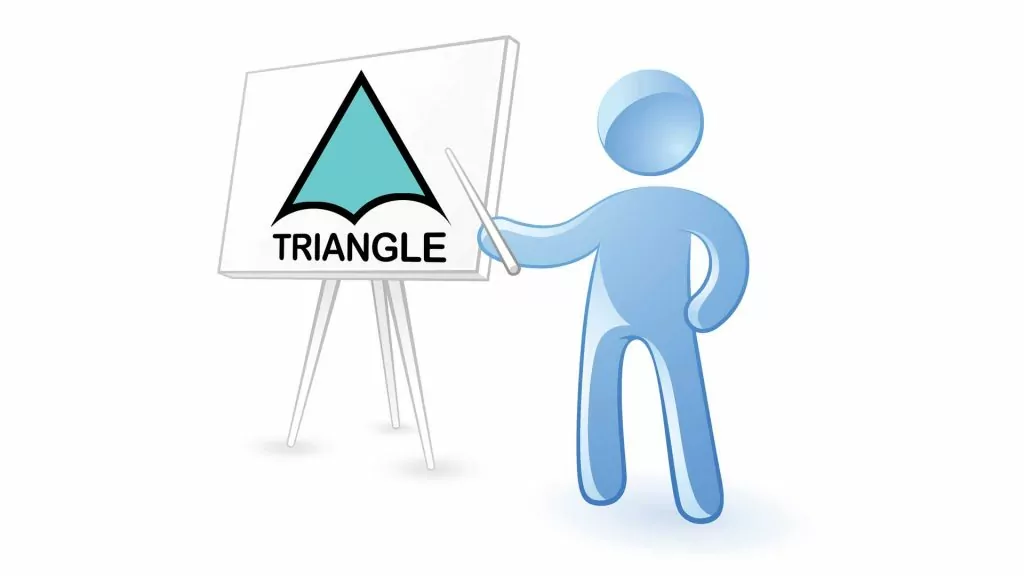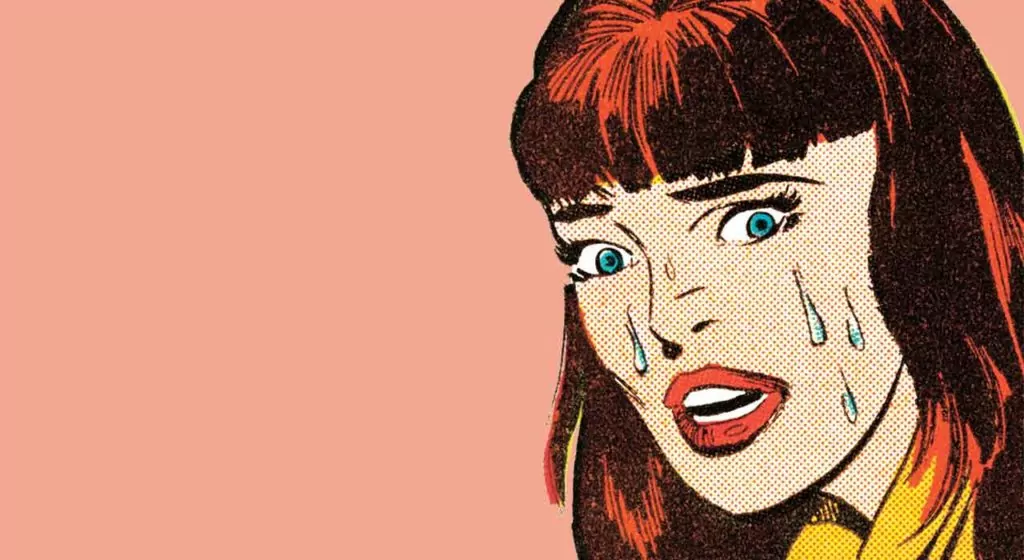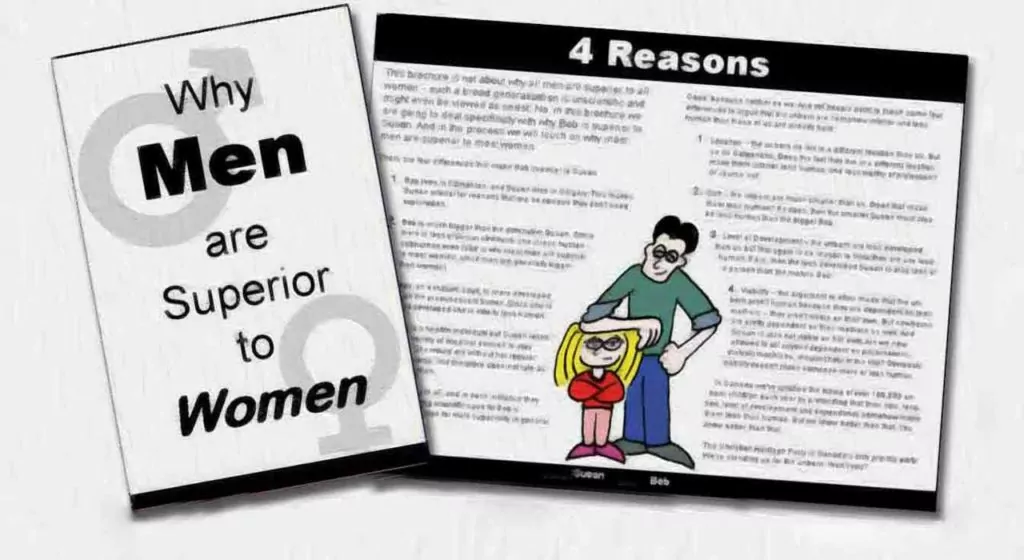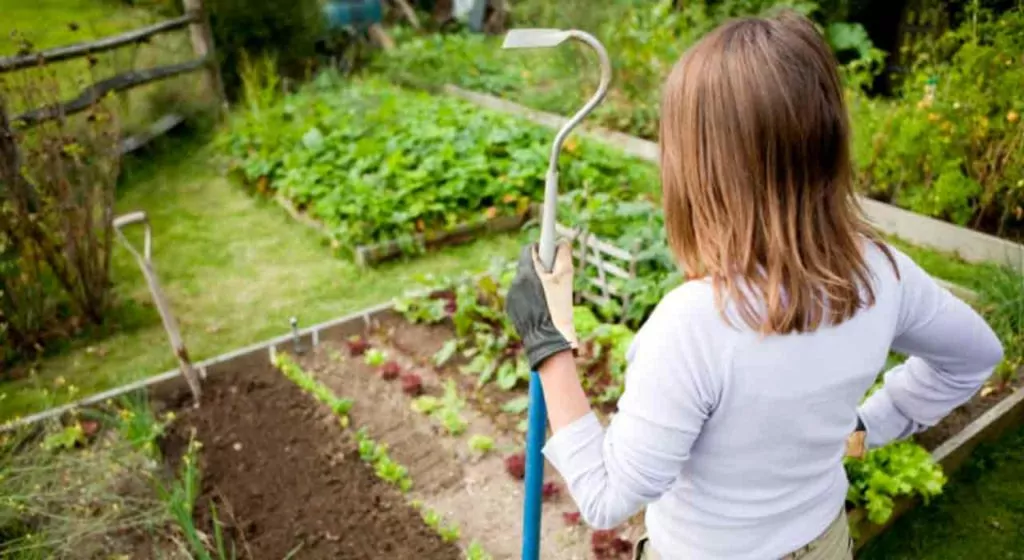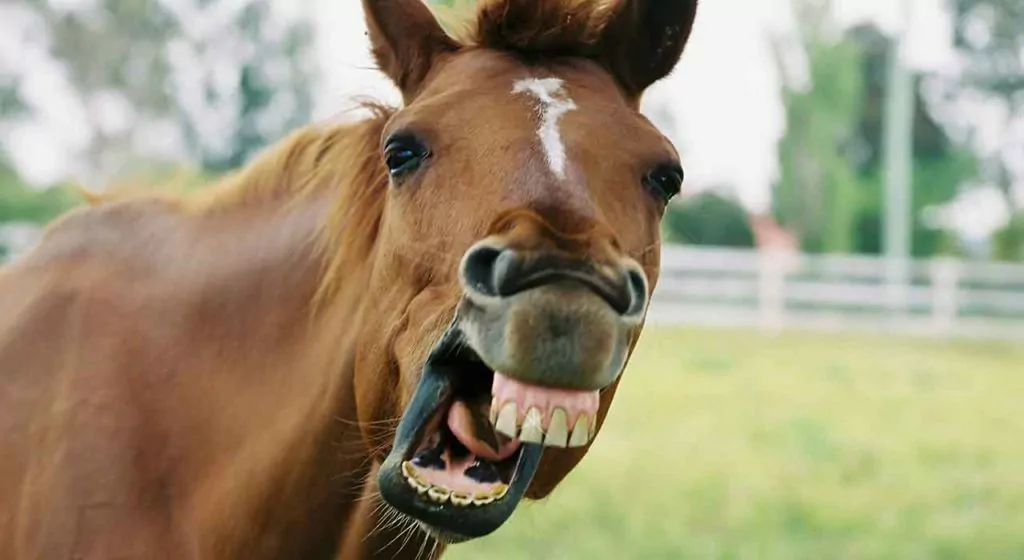Based on a true story
"Um, excuse me?"
I am kneeling next to a newly planted row of tomato starts and pulling weeds when I hear a woman's voice from over my bent shoulders. Several small businesses share the busy alley next to our back yard garden, and I assume the voice is speaking to someone else. I do not look up. With the back of my gardening glove I brush some loose hairs away from my eyes, and I continue weeding, tossing a few more invasive cheeseweed seedlings onto my growing pile. But then I hear the voice again, louder this time, "Hello? Miss? Excuse me."
Because of the steady stream of foot, bicycle, and car traffic that passes by the garden each day it's not uncommon for passers-by to stop and say a kind word or two about the new raised beds or about how nicely our plants are coming along.
"Oh, hi," I say, rising stiffly from my knees and turning to face the voice, "Sorry. I thought you were talking to someone else just now." I smile and wait for her to speak.
She has stopped her vintage bicycle next to our bent chicken wire fence and rests her hands on her narrow hips. Her eyes are a blue so pale that I seem to be looking not at the eyes themselves but at two vacant holes in her head through which I can see the cloudless sky behind her. I reach over and grip the splintery handle of my shovel and lean my weight into it so that I can stretch my legs. I look at her expectantly. She does not smile back.
After running her eyes over the whole garden plot, she finally says, “Well,” with a voice as crisp and sour and cool as the stalks of rhubarb growing behind me, "I just was riding by here and couldn't help noticing what you're doing, and I have to say that I am genuinely shocked. What, is with this heap of dead plants?"
"Oh those?" I chuckle a little. "I'm not keeping those, actually. I'm just going to toss them in the compost when I'm done."
"I figured you weren't planning on keeping those. And I’m appalled. That's why I stopped – it looks like you're killing them."
"Yesss? Um, I guess I am," I respond with a nervous laugh-cough. "Take that!" I say, leaning sideways and yanking a young dandelion out of the carrot bed. I intend it to be a lighthearted joke, but it flops somewhere in the dust near the bicycle tires and dissolves into the gravel.
The cyclist widens the pale blue holes in her head and tightens her lips. Clearly I am not making a new friend. After a long and uncomfortable pause, the words, "What in the world?" shoot toward me, and I resist the urge to duck. "How can you even call yourself a gardener? How can you treat plants this way?"
I blink.
I blink again, speechless, and tighten my grip on the shovel.
"Well? Do you call yourself a gardener?" she demands.
This is a relief, a question I can answer. "Oh, well, yes. An amateur, but yeah, I guess I'm a gardener."
"Ha!" she says. I can taste something bitter on the back of my tongue as she opens her mouth to continue. "Correct me if I'm wrong here, gardener, but last time I checked, gardeners are people who love plants. Gardeners are people who nurture plants. So explain this!" She flings her hand toward my little pile of wilting dandelions and pigweed seedlings and then turns with raised eyebrows to scan the alleyway – as if she is trying to find somebody willing to join her in her triumphant outrage.
"Well, this is actually an important part of caring for the vegetables I planted here." My voice has a bit of a nervous shake in it. I can't believe I'm having to defend my weed pile. "This is what nurturing a garden looks like."
"Oh right. Then why are you brutalizing perfectly innocent seedlings? Seriously. Why do you hate plants so much?"
"They're weeds, not good plants." I resist the urge to roll my eyes.
"Says you. The difference between a so-called 'weed,'” she says, making scare quotes in the air with her fingers, “and a 'good' plant is just your opinion. You have no right to determine which plants should live and which should die. What do you have against them, anyway? What right can you possibly have to inflict your opinion on every other plant?"
I stare at her for a moment, trying to weigh whether this is some kind of satire, some kind of practical joke. But her cold eyes are glaring so widely that I can see the whites completely encircling the blue. ”Well," I begin, "I have gardener's handbook that I can check whenever I'm not quite sure which kind of plant I'm looking at. But after a few years of seeing these things grow up, you get pretty good at identifying..."
"What! You have this book, so now you're some kind of expert? Seriously? These things look just like all the other plants around here. They're really not that different. See that one? It’s not even touching the ones next to it. Not hurting a thing! And anyway, they're tiny. Look at them! Totally. Harmless. And if you just gave them a chance, you might actually learn to see the unique beauty in them!”
"Actually, I..."
"I am dead serious," she continues, "I cannot understand how any gardener could do...this." She broadly sweeps her arm toward the weed pile again. "If you really loved plants – if you were a real gardener – you would treat them with care and help them grow and appreciate them for what they are." She crosses her arms, satisfied in the irrefutability of her argument.
Suppressing the chuckle that is trying to escape, I cough into my shoulder and glance around the alleyway, looking for a hidden camera. Maybe this is some kind of skit for reality television. But no, I see nothing. “That’s the thing,” I say. “You're missing the point. I love the plants that are supposed to be in the garden. I love these snap peas. I love the carrots. And if I love these plants, then I have to root out the invaders.” I point to a dandelion.
"Look. This is total discrimination. Either you love plants or you don't. You are obviously a plant hater. You're hurting plants. There's the proof!"
"But if I don't get rid of the bindweed, then it will get rid of my snap peas. I am not raising a garden in order to eat bindweed for dinner. You’re welcome to try some, however, if it would soothe your conscience.” Sarcasm is getting the better of me, and I can feel my suppressed smirk has surfaced. I can’t straighten it out quickly enough, so I look down at my dusty shoes and pretend to scratch an itch on the bridge of my nose.
“I’m sorry,” she says, not sounding sorry in the least, “but I don't know why people like you take these things so simplistically. Not everything is so black and white. The concept of a 'weed' is just a social construct, and nobody needs to take sides here. There should be harmony among all plants—no! exceptions!” She pounds her handlebar to punctuate those last two words and then sighs. “Bindweed and snap peas can peacefully coexist."
I look up at her pained expression and exhale slowly so as not to outright guffaw in her face. “Uhh, not really. Not without doing serious damage to the snap peas. Not without choking out the plants that are the whole point of this garden."
"You have got to be kidding. You are a total weedaphobe! I knew it! You're afraid of bindweed! This is so unbelievable. You're acting out of irrational fear. I mean, look at these things. Look at how tiny and harmless those little bindweeds are." She leans her bicycle toward my tomato bed and points them out to me for my edification. “They have these beautiful white flowers. Beautiful! What are you afraid of?"
"I'm not afraid of them. I just know what they will do if I let them grow unchecked. If I call myself a gardener at all, I will call a weed a weed and then I'll cast it into the outer darkness, so to speak.”
"Ahhh, so then what about the ones over there?" She points to the opposite side of the alley where a small forest of thistles and dandelions have sprung up next to the neighbors’ dumpster. "You think you're going to get rid of all the so-called 'weeds' in the world? Think again. They are stronger and more resilient than you think."
The laugh finally escapes, despite my best efforts. "Believe me. I am fully aware of how resilient they are. That's why I'm out here doing this again for the umpteenth time this summer. But I am certainly not trying to single-handedly take down every weed in the world. I'm not even trying to get rid of the ones next door. It's my garden I'm concerned about. I am focusing on the weeds right here because they are the ones I’m responsible for. I am focusing on the ones that are trying to take over my good plants."
"Are you kidding me? 'Good plants'? These plants that you're killing had just as much right to be here as those peas do. In fact, I bet a lot of them were here first. But obviously you're too closed-minded to appreciate what they have to offer. Do you realize how useful and beautiful some of these plants can be? Look at this dandelion you've ruined. If you had just let it grow, it could produce lovely yellow flowers and friendly little fairy puffs! But ooooh. It's scaaary, isn't it? Can't let it grow freely, can you?" She snorts. "I guess you're afraid of flowers, too. Flowerphobe."
I roll my eyes toward the sky. A redtail hawk is riding an updraft directly overhead, scoping out his lunch options. Then I turn my gaze back to the lady’s face and look hard through her sky-colored eyes. "This has nothing to do with fear. It has everything to do with wanting to take care of my peas. It has everything to do with loving my garden."
"So pulling plants up by the roots. You call that love?"
"Yes. I do." My nose is starting to itch for real now, so I rub at it with the back of my wrist.
"Well. If that's what you call love, then I would not even want to imagine how you'd treat the things you hate. Look at how damaged those poor little plants are."
I look. And I smile a broad, genuine smile. "Yes. Totally damaged. Isn't it great? And once they're all dead and rotted and decomposed in my compost heap? Then they will be given the opportunity to return to my garden. At that point they will be welcome. But not before."
"Garden hater." She climbs back onto her bike. "Plantphobe."
"Come back in a month or two, and I'll let you have a bite."
She snorts again. "Oh really. Of what?"
"Bindweed, if you like."
She narrows her pale eyes and opens her mouth as if to respond, then closes it again and pushes off without a word. I listen to the crunch of gravel under her tires as I lean my shovel back against a T-post and return to my knees to take care of my tomato starts. The soil is warm between my fingers. Come July, there will be fruit.
Hannah K. Grieser is the author "The Clouds Ye So Much Dread: Hard Times and the Kindness of God." She lives in Idaho where she designs graphics, photographs landscapes, dabbles in the garden, and (with her husband, Jayson) is raising five pig-farming, music-loving, baseball-playing sons—including one cancer survivor. She has also written for Relief Journal, Books & Culture, and Desiring God....
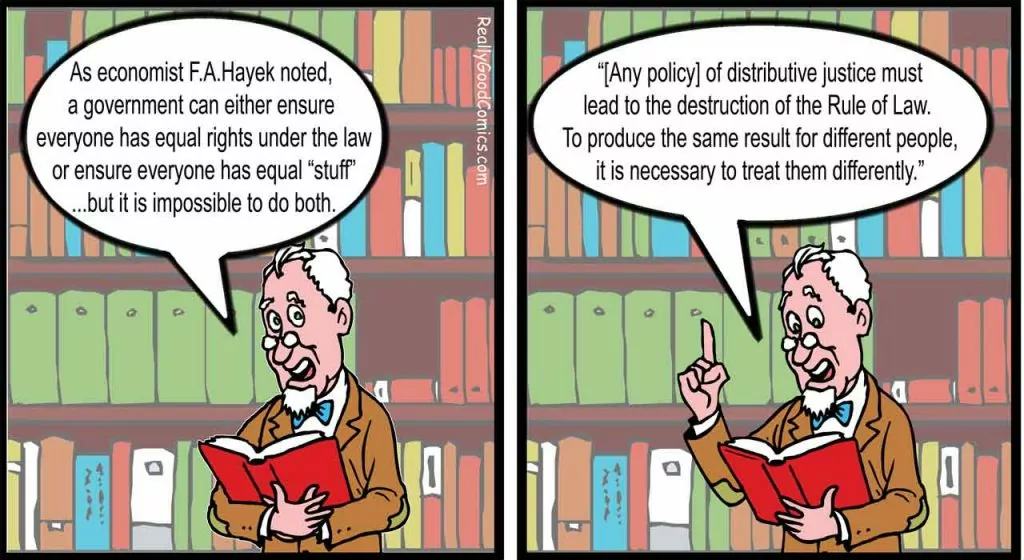
 I was recently confronted with the disturbing statistic that evidences the ultimate case of gender inequality: the life expectancy of males is 6.1 years lower than that of females. This phenomenon must be properly discussed.
I was recently confronted with the disturbing statistic that evidences the ultimate case of gender inequality: the life expectancy of males is 6.1 years lower than that of females. This phenomenon must be properly discussed.








